Are Solar Garden Lights Considered a Real Estate Fixture?
Solar garden lights have become a popular choice for homeowners aiming to enhance their outdoor spaces with eco-friendly lighting. Powered by solar energy, these lights illuminate pathways, patios, and gardens while reducing energy costs and environmental impact. However, when it comes time to sell a property, a common question arises: Are solar garden lights considered a real estate fixture, or are they personal property that can be removed? This article explores the legal and practical considerations of solar garden lights in real estate, offering clarity for homeowners, buyers, and real estate professionals navigating property transactions.
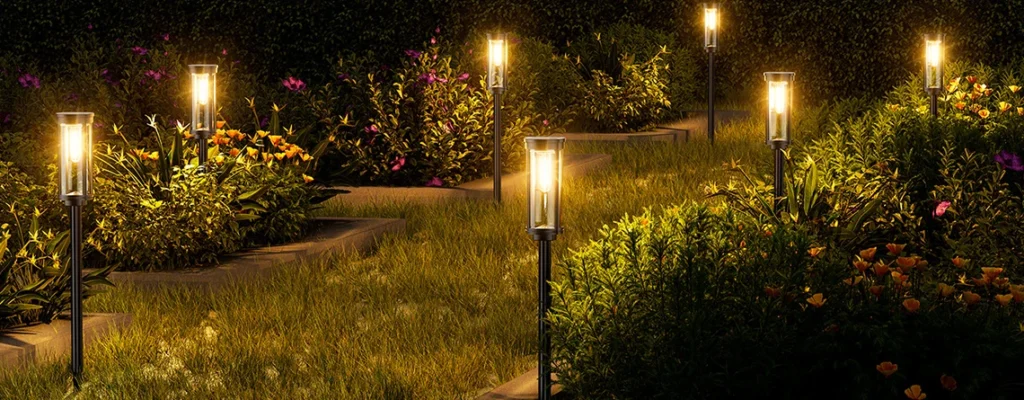
Understanding Real Estate Fixtures
To determine whether solar garden lights are real estate fixtures, we first need to define what constitutes a fixture in real estate law. A real estate fixture is an item that was once personal property but has been attached to a property in a way that makes it part of the real estate. Fixtures typically transfer with the property during a sale unless explicitly excluded in the contract. In contrast, personal property—items not permanently affixed—can be removed by the seller.
The distinction often hinges on the MARIA test, a legal framework used in many jurisdictions to evaluate fixtures:
- Method of Attachment: How permanently is the item attached to the property?
- Adaptability: Is the item adapted to the specific property’s use?
- Relationship of the Parties: Does the item’s status depend on whether the parties are buyer/seller or landlord/tenant?
- Intention: Was the item intended to be a permanent part of the property?
- Agreement: Does the sales contract specify whether the item stays or goes?
Applying this test to solar garden lights helps clarify their status.
Are Solar Garden Lights Fixtures or Personal Property?
The classification of solar garden lights as real estate fixtures or personal property depends on their design, installation, and local legal standards. Let’s examine how these factors align with the MARIA test:
1. Method of Attachment
Most solar garden lights are designed for easy installation, often featuring stakes that push into the ground or clips that attach to surfaces without permanent fixtures. These portable solar lights are not physically anchored to the property in a way that damages the land or structure when removed, suggesting they are personal property. However, some high-end models are hardwired into a home’s electrical system or mounted on permanent structures like fences or walls. In such cases, their fixed nature may classify them as real estate fixtures.
2. Adaptability
Solar garden lights are generally adaptable to any outdoor space, as they rely on solar energy rather than specific property features like wiring or plumbing. Their universal design leans toward personal property, as they aren’t customized to a particular home. However, if lights are integrated into a landscaped garden with specific aesthetic or functional purposes (e.g., illuminating a custom pathway), a case could be made for them being fixtures, especially if their removal disrupts the property’s design.
3. Relationship of the Parties
In a buyer-seller scenario, solar garden lights are often assumed to stay with the property unless the seller explicitly reserves the right to remove them. Buyers may expect outdoor lighting fixtures, including solar-powered lights, to remain, particularly if they enhance the property’s curb appeal. In landlord-tenant situations, however, tenants typically retain ownership of solar garden lights they install, as these are considered temporary additions.
4. Intention
The homeowner’s intent when installing solar garden lights plays a significant role. If the lights were added as a temporary or decorative feature, they are likely personal property. Conversely, if they were installed as part of a permanent landscaping plan—say, embedded in a patio or wired into a system—they may be viewed as real estate fixtures. Courts often look to the homeowner’s actions and the lights’ integration into the property to infer intent.
5. Agreement
The most definitive factor is the real estate contract. Sellers can specify whether solar garden lights are included or excluded from the sale. Without explicit mention, disputes may arise, as buyers might assume outdoor lighting fixtures convey with the property. Clear communication in the contract prevents misunderstandings.
In summary, portable solar lights with stakes or removable mounts are typically considered personal property, while those permanently affixed or integrated into the property’s design may qualify as real estate fixtures. Local laws and contract terms ultimately govern the classification.
Factors Influencing the Classification
Several practical factors further influence whether solar garden lights are deemed real estate fixtures:
- Installation Type: Stake-mounted solar garden lights, common in brands like Bitpott, are easily removable and thus lean toward personal property. Lights bolted to a structure or wired into a system are more likely fixtures.
- Property Value: High-quality solar-powered lights that enhance the home’s aesthetic or functionality may be seen as adding value, increasing the likelihood of being considered fixtures.
- Local Real Estate Practices: In some regions, outdoor lighting fixtures are customarily included in home sales, while others treat them as removable items. Consulting a local real estate agent can provide clarity.
- Light Design: Decorative or custom-designed solar garden lights integrated into landscaping may be viewed as fixtures, while generic, mass-produced models are typically personal property.
Legal and Practical Considerations for Home Sellers
For homeowners preparing to sell, understanding the status of solar garden lights is crucial to avoid disputes. Here are practical steps to take:
1. Review the Real Estate Contract
Clearly state in the real estate contract whether solar garden lights are included or excluded. For example, a clause might read, “All outdoor lighting fixtures, including solar garden lights, are excluded from the sale.” This prevents assumptions by the buyer.
2. Document Installation Details
If solar garden lights are permanently affixed (e.g., mounted on a wall or wired), document their installation method and intent. This can help clarify their status as real estate fixtures during negotiations.
3. Communicate with Buyers
Discuss the inclusion of solar-powered lights early in the sales process. If you plan to take portable solar garden lights, inform the buyer to avoid surprises during the final walkthrough.
4. Consider Replacement Costs
If removing solar garden lights leaves gaps in the landscaping or diminishes curb appeal, buyers may request compensation. Weigh the cost of replacing the lights against their sentimental or monetary value to you.
5. Consult a Real Estate Professional
A local real estate agent or attorney familiar with property laws can provide guidance on whether solar garden lights are typically considered real estate fixtures in your area.
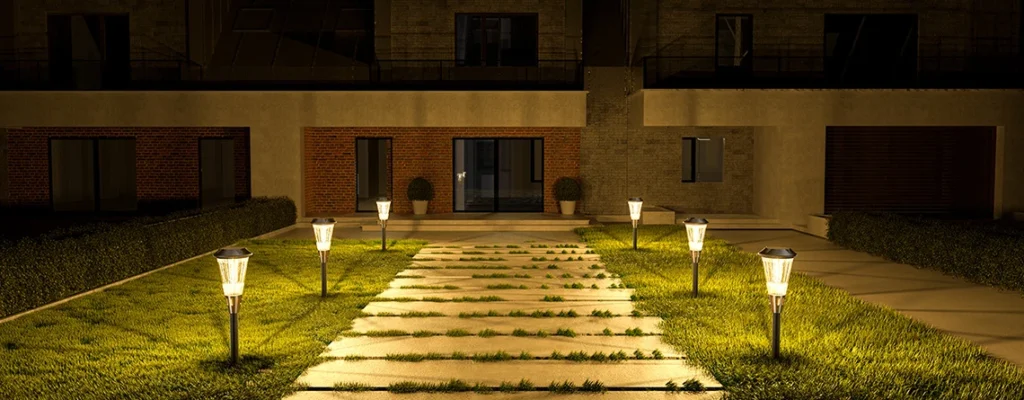
Considerations for Home Buyers
Buyers interested in a property with solar garden lights should take these steps to ensure clarity:
- Inspect the Property: Note the presence and condition of outdoor lighting fixtures during showings. Ask whether they are included in the sale.
- Review the Contract: Check for clauses specifying which items, including solar-powered lights, convey with the property.
- Request Documentation: If the lights are high-value or custom-installed, ask for proof of their status (e.g., installation records or manuals).
- Negotiate if Necessary: If the seller plans to remove solar garden lights, negotiate their inclusion or a price adjustment if they enhance the property’s value.
Benefits of Solar Garden Lights in Real Estate
Whether classified as real estate fixtures or personal property, solar garden lights add significant value to a property. Their eco-friendly lighting reduces energy costs, enhances curb appeal, and appeals to environmentally conscious buyers. Lights with monocrystalline solar panels and IP65 waterproof ratings offer superior durability, making them a desirable feature in home sales. For sellers, highlighting these benefits can justify including them as fixtures, while buyers may see them as a bonus that elevates the property’s appeal.
Maintenance to Preserve Value
To maintain the durability of solar garden lights, whether they stay or go with a property sale, regular care is essential:
- Clean the Solar Panel: Use a soft cloth and mild dish soap to remove dirt from the solar panel, ensuring optimal solar energy capture.
- Check the Battery: Replace rechargeable batteries every 1-2 years to maintain LED light performance.
- Inspect the Housing: Ensure the lamp housing is intact to protect against moisture or damage, preserving the light’s functionality.
Proper maintenance enhances the lifespan of solar lights, making them more appealing as either real estate fixtures or personal property.
Advances in Solar Lighting Technology
Modern solar garden lights are increasingly designed with features that blur the line between fixtures and personal property. For example, smart controllers allow remote operation, while detachable solar panels make lights more portable. These innovations, seen in brands like Bitpott, enhance energy efficiency in solar lighting and may influence their classification in real estate transactions, as portable designs lean toward personal property.
Regional Variations in Fixture Laws
Real estate laws vary by region, affecting how solar garden lights are classified. In the United States, states like California may treat permanently installed outdoor lighting fixtures as real estate fixtures, while in the UK, similar items might be considered removable unless specified. Checking local regulations or consulting a real estate professional ensures compliance with regional standards.
Conclusion
Whether solar garden lights are considered real estate fixtures depends on their installation, intent, and the terms of the real estate contract. Portable solar lights are typically personal property, while permanently affixed ones may qualify as fixtures. For homeowners and buyers, clear communication and contract clarity are key to avoiding disputes. With their eco-friendly lighting benefits and growing popularity, solar garden lights enhance property value, whether they stay or go. By understanding their status and maintaining their durability, you can ensure these solar-powered lights continue to shine brightly in any real estate scenario.

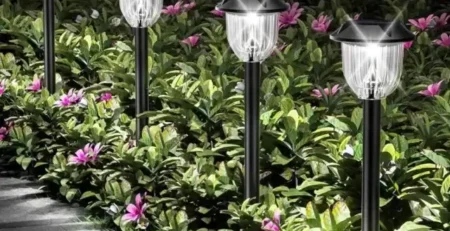
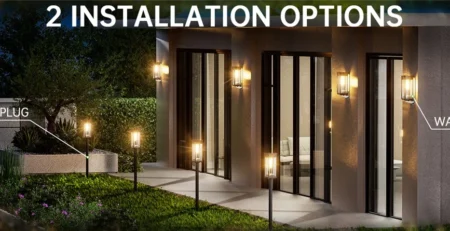
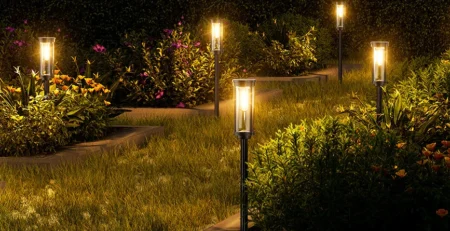
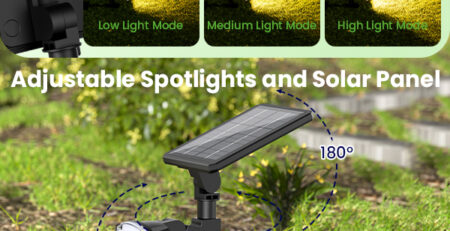
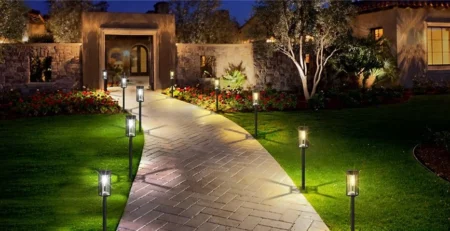
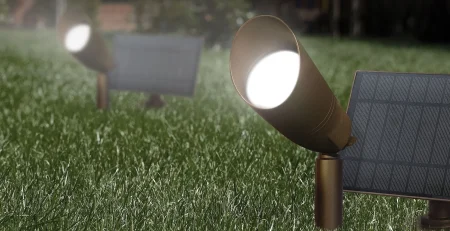
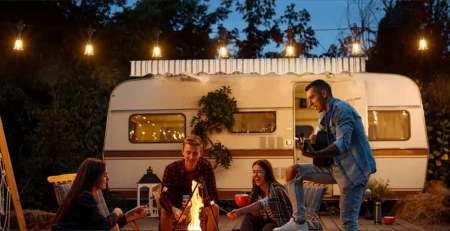
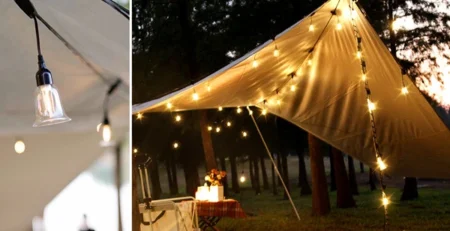

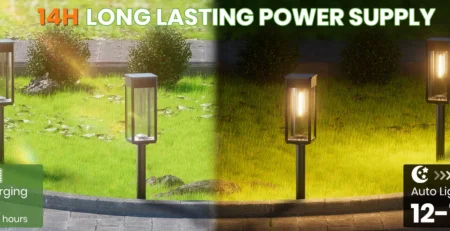
Leave a Reply